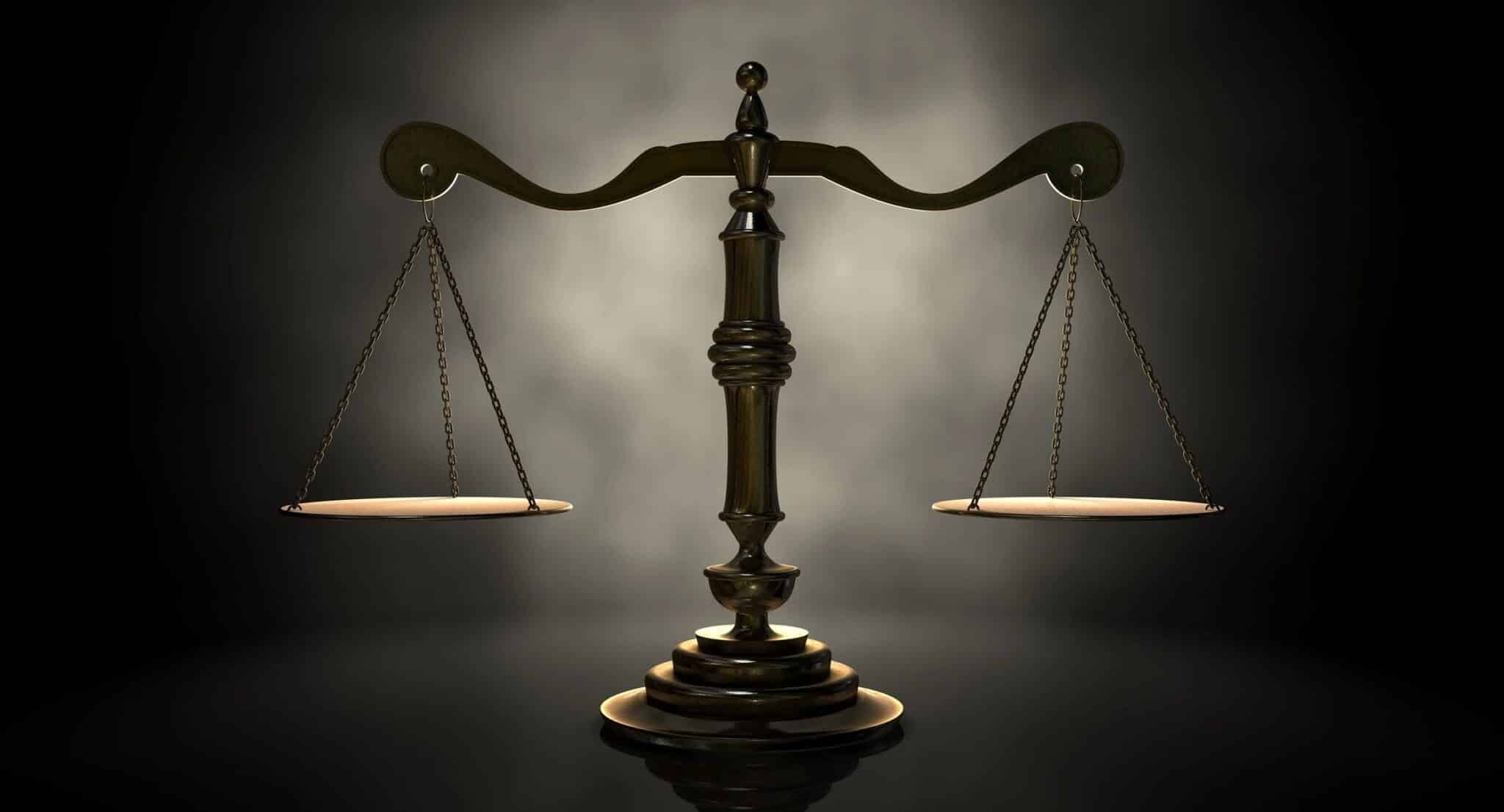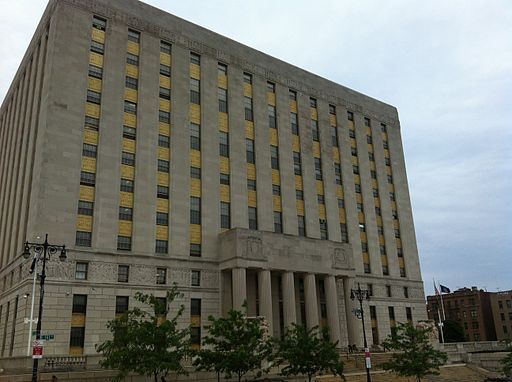 Privilege and Confidentiality in the Attorney Client Relationship
Privilege and Confidentiality in the Attorney Client Relationship
Regarding In-House Counsel and Their Employer
Fischman v. Mitsubishi Chemical Holdings America, Inc.(18-cv-08188)
{3 minutes to read} Attorney client privilege is an integral part of our legal system. As most situations that require legal intervention are emotional and stressful, reliance on an experienced professional who will commit to your needs while keeping your information confidential has allowed millions of people to have a voice and retain their rights.
But what happens if you are an attorney, your client is your employer and they violate labor laws? In September 2018, our client, Jennifer Fischman, General Counsel for Mitsubishi Chemical Holdings America (MCHA), filed a complaint against the company alleging violations of Title VII, the Equal Pay Act, NYS Human Rights Law and the NYC Administrative Code. She alleges that MCHA discriminated against her on the basis of sex by failing to promote her and paying her less than her male counterparts (unequal pay). She also alleges MCHA retaliated against her after she engaged in protected activity.
The Defendants moved to dismiss the complaint, arguing that many of her allegations in the complaint are based on confidential information she obtained as an attorney for Defendants and was therefore protected by the attorney-client privilege. This highlights a key and somewhat unusual question: How can we protect in-house counsel from illegal employment practices?
This summer, a Southern District of New York judge denied the Defendants’ Motion to Dismiss allowing the case to move forward. MCHA argued that the complaint must be dismissed because (1) the information pled is subject to the attorney-client privilege and (2) without it, Plaintiff does not adequately state a claim. They also argued the pleadings themselves should be confidential in that they contained attorney-client privileged information.
Judge Furman held that Defendants’ argument failed for three reasons and with respect to confidentiality of the pleadings, held that “narratives of events, rather than communications,” does not fall under the privilege. The Judge pointed out that pursuant to NYS Professional Rules, the attorney-client communications protected relate to the obtaining and providing of legal advice. In addition, “disclosures of events do not necessarily reveal confidential communications.” For example, he holds that communications with co-workers about sexism in the company does not constitute confidential client information subject to the attorney-client privilege. By that notion, all communications held by an in-house attorney with any employee would be privileged.
Thus, while the case is still in its litigation infancy, Plaintiff has already overcome a substantial legal obstacle and confirmed that the employment laws also do indeed protect attorneys.
James A. Vagnini
Partner
email: [email protected]
Fischman v. MCHA: Privilege and Confidentiality Regarding In-House Counsel
Your Rights. Our Fight.
Contact Us Today To Schedule A Free Consultation
Valli Kane & Vagnini LLP - Press & News
Marilyn Manson Accuser Gets Trial Date for Revived Claims of ‘Horrific’ Abuse
“We are happy that the delays are behind us and that we will have an opportunity to depose [Manson] and
NY Courts May Have to Redo Thousands of ForeclosureHearings Over Need for Appointed Counsel
By Brian Lee/ Law.com Thousands of foreclosure proceedings could potentially be headed for do-overs as a result of the court
Customer Service Reps Get Narrow Collective Cert. In OT Suit
By Abby Wargo/Law360 A Texas federal judge agreed Tuesday to certify a collective of customer service representatives alleging that a medical technologies corporation failed
Park co-naming expected for 2024
Lawsuit says Open Streets program for green space projects violates the ADA By Naeisha Rose/Queens Chronicle The grassroots effort to
5 Notable Workplace Bias Verdicts From 2023
By Anne Cullen/Law 360 Law360 (December 15, 2023, 6:32 PM EST) — A $36 million jury verdict that the U.S.
Marilyn Manson’s Former Assistant Wins Appeal to Revive a Previously Dismissed Sexual Assault Lawsuit
Ashley Walters claims Manson sexually assaulted her, whipped her and threw her against a wall when she was his assistant
Marilyn Manson’s Ex-Assistant Wins Appeal, Can Sue for ‘Horrific’ Sexual Harassment and Assault
By Nancy Dillon/ Rolling Stone “This is a great victory for all survivors as it provides a clear path for
Worker Settles Overtime Suit Against Home Remodeler
By Caleb Drickey/Law360 · 2023-10-16 19:49:04 -0400 · Listen to article A worker who accused a home remodeling firm of misclassifying him as an
Q&A: Attorney Sara Wyn Kane on Tough Sexual Assault Cases and New York’s Lookback Window
By Sara Hammel/The Landing As one of Delta Captain Andrea Ratfield’s attorneys, Sara Wyn Kane of Valli Kane & Vagnini LLP is familiar with
‘I don’t want to be in the darkness anymore’: Bronx case worker sues DSS over alleged sexual abuse, retaliation
By Aliyah Schneider/ Bronx Times Disclaimer: This story details various accusations of sexual abuse. A homelessness case worker on unpaid







